Gaudí Designs ‘Gaudy’ Bachelor Pad in Seaside Spain
When I was a little girl, one of my favorite dresses had a pattern of blue poodle dogs with golden leashes surrounded by a smattering of pink hearts. I thought it was beautiful. One of my elderly neighbors said it was “quite gaudy.”
To me, that was a compliment. Figured it was just another way of describing my twirly dress as pretty. Mom told me the truth. But I still figured it was a different way of admiring my fashion. To each her own.
Decades later, here I am standing in a home built by a man whose work is said to perfectly fit that “gaudy” description. In fact, a fellow writer once told me that Spanish architect Antoni Gaudí is whose work coined that “gaudy” word.
Not true. But the writer must have thought it was a good story.
The word “gaudy,” which means extravagantly bright or showy, has been around since at least the early 1500s. Shakespeare used it in his “Antony and Cleopatra,” when Antony says in Act 3, Scene 13: “Come, let’s have one other gaudy night. Call to me all my sad captains. Fill our bowls once more. Let’s mock the midnight bell.”
Architectural icon Antoni Gaudí wasn’t born until 1852. So the word wasn’t created to describe his work, such as this fantastic home I am admiring named Capricho de Gaudí. Yes, it is definitely gaudy. And, yes, I love it just as I loved my old poodle/heart dress.
“This house is considered to be one of Gaudí’s first works of importance,” says Aldo Alonso, director of cultural management and events for Capricho de Gaudí. “Gaudí was only 31 years old when he designed it and created a unique style of architecture.”
Gaudi Design Emphasizes Sunny Features
The three-story home built on a hillside also has a sad story about the owner. But to start at the beginning, wealthy lawyer Máximo Díaz de Quijano wanted a summer villa in the little village of Comillas in Cantabria. Set on the rugged Cantabrian coast in Spain, Comillas started out as a whaling and fishing port during the Middle Ages.
Towards the end of the 19th century, however, Comillas had become popular among the Spanish aristocracy and wealthy industrialists, many of whom built large summer residences. But Máximo didn’t want a huge house. Instead, he wanted a small bachelor pad near the beach that would reflect his interests.
That is exactly what Gaudí created. In addition to being a lawyer, Máximo played the piano and was a keen naturalist so Capricho de Gaudí is filled with touches of both. By the way, the name “Capricho” means “the whim” or “the caprice.” It suits the house which is definitely whimsical and capricious but also quite functional for its owner.
“High ceilings give great acoustics for music,” Aldo says. “And the large glass conservatory on the south side of the house is ideal for plants. Those are two things that interested the owner.”
It took two years to build the house. It was finished in 1885. As a sun seeker, I appreciate the way Gaudí used the sun to its best advantage in designing the house and created a major symbol of sunflowers decorating the house’s tiles.
The building has a U-shaped floor plan designed to capture the sun during significant parts of the day. The largest room in the house, Máximo’s bedroom with its elaborate Neo-Mudejar coffered ceiling is in the east to receive maximum sunshine in the morning. In the afternoons and early evenings, the sun would be in the rooms to the west when Máximo likely would have been there.
The house wraps around a greenhouse which is rather like a thermal regulator for the rest of the rooms. In the evening, the greenhouse would release all the heat it had accumulated within during the sunny hours.
“You can see musical motifs on the window panes and stained glass windows with a sparrow on an organ and a dragonfly with a guitar,” Aldo says. “At the main entrance, a portico with four stone columns supports the house’s slender tower. On top of the columns are palm branches with four birds perching on each column.”
On either side of the living room Gaudi put two small balconies whose crafted wrought iron railings also cleverly function as benches. Wrought iron railings on the exterior of the house have nature themes like sunflowers and green leaves. Railings near the top of the tower are decorated with the musical motifs of treble clefs.
Sad Story of Owner and Abandoned House
As for the owner of this audacious house, “he only lived here seven days,” Aldo says. “He died on the seventh day. In this house.”
Máximo was only 47 when he died of liver disease on July 7, 1885, in his bedroom.
“Because he was a bachelor, he had no wife or children to take the house,” Aldo says. “It did stay in his extended family for almost 100 more years. First it went to his sister, then to his nephew. But it was not a useful house for his heirs and it wasn’t the best way to treat this monument.”
The nephew made significant and highly damaging renovations in 1914. The conservatory was gone. The Gaudí tiles were replaced with fiber cement. The house became abandoned and fell into disrepair sometime after the Spanish Civil War (1936-39). The house was sold outside the family in 1977.
It served as a Japanese-owned restaurant for a while. Its legacy as one of only three works that Gaudí built outside his hometown in Catalonia seemed in danger until concerned preservationists stepped in, began renovations and opened Caprichio de Gaudí as a museum in 2009.
Gaudí, of course, went on to design many more masterpieces and is considered an architectural genius. Seven of his architectural structures have been designated UNESCO World Heritage sites.
A few weeks shy of his 74th birthday, Gaudí was working on a structure in Barcelona when he was hit by a trolley car. He died three days later.
Photos by Jackie Sheckler Finch
Ed. Note: Please contact us for more information and to book a cruise Crown Cruise Vacations | Cruise Getaways You Can Afford!
Celebrity Cruises recognized the company’s top partners with its 2022 Top Travel Agency Advisor Awards. The 2022 travel partner award winners include:
- Online Partner of the Year: Crown Cruise Vacations
Since 2008, Crown Cruise Vacations has had a singular focus: Provide excellent value and excellent service on Cruises, Tours and all forms of Vacation Travel. Based in Princeton, New Jersey, and a proud member of Ensemble Travel Group, we have been able to offer the benefits of working with the largest agencies while maintaining a family atmosphere. We’ve won many different awards including the 2011 World Travel Award for Leading North American Cruise Agent, and 2018 Partner of the Year for Royal Caribbean. We use our agency connections, relationships and influence to provide you and your family the best values and offers in the travel industry led by travel counselors with hundreds of years of combined travel experience.
Contact Us – Open Seven Days a Week: 9 a.m. to 8 p.m. Mon-Fri, 9 a.m. to 5 p.m. Sat-Sun
Call us toll free: 877-283-1114, direct-dial Locally: 609-945-9801
Address: 120 Village Boulevard, Princeton, NJ 08540
Email us: support@crowncruisevacations.com


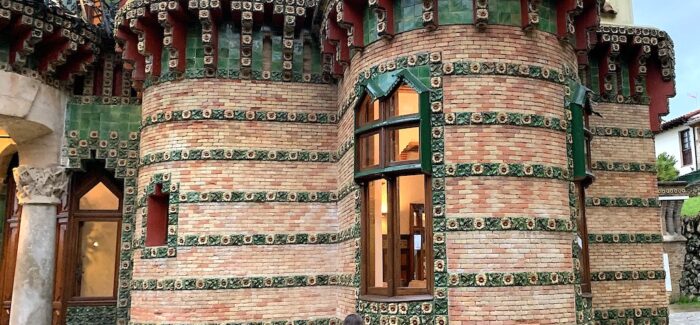

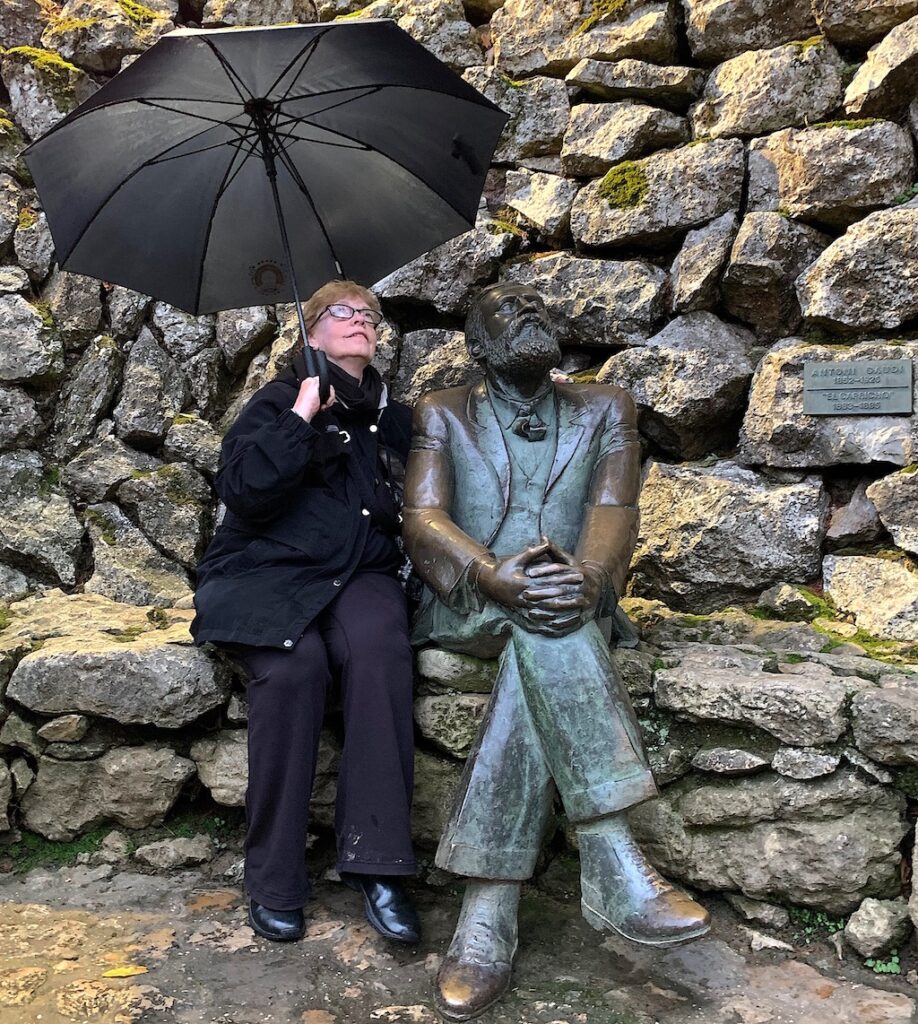
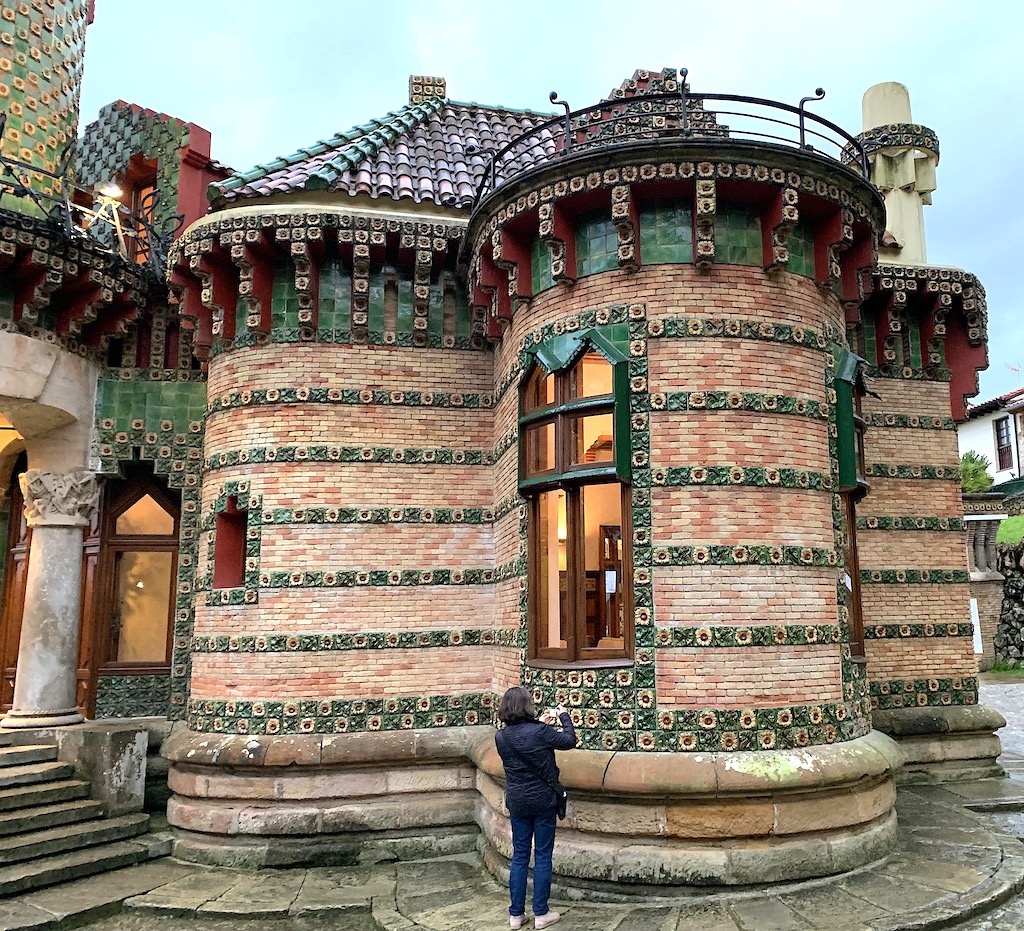
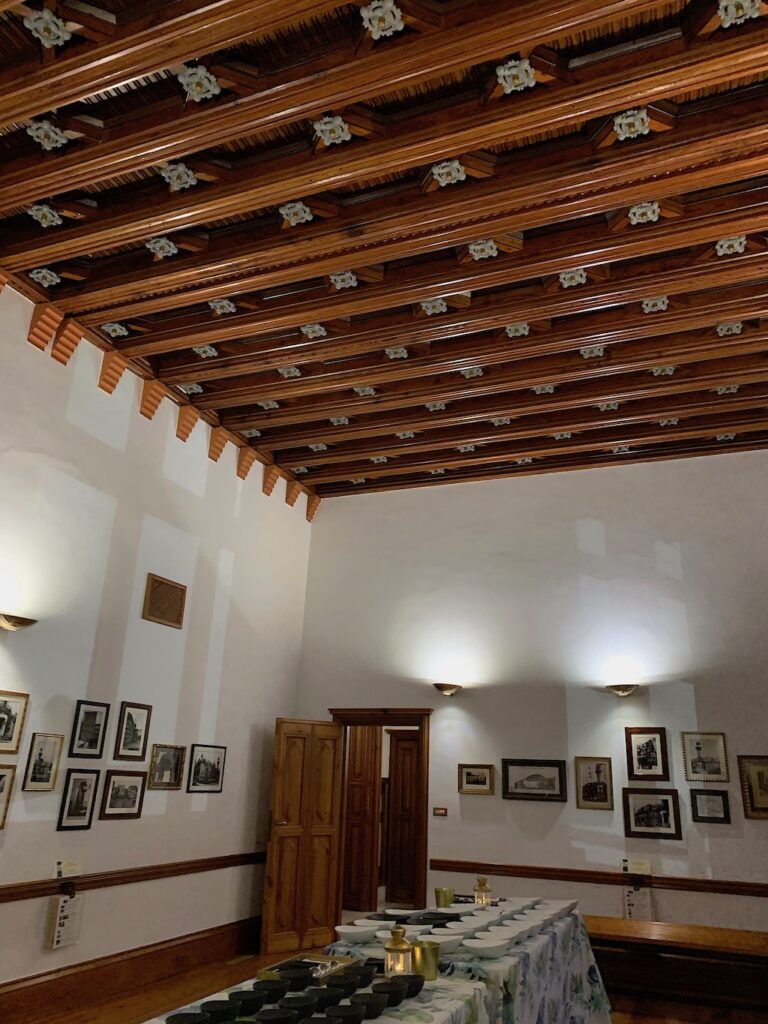
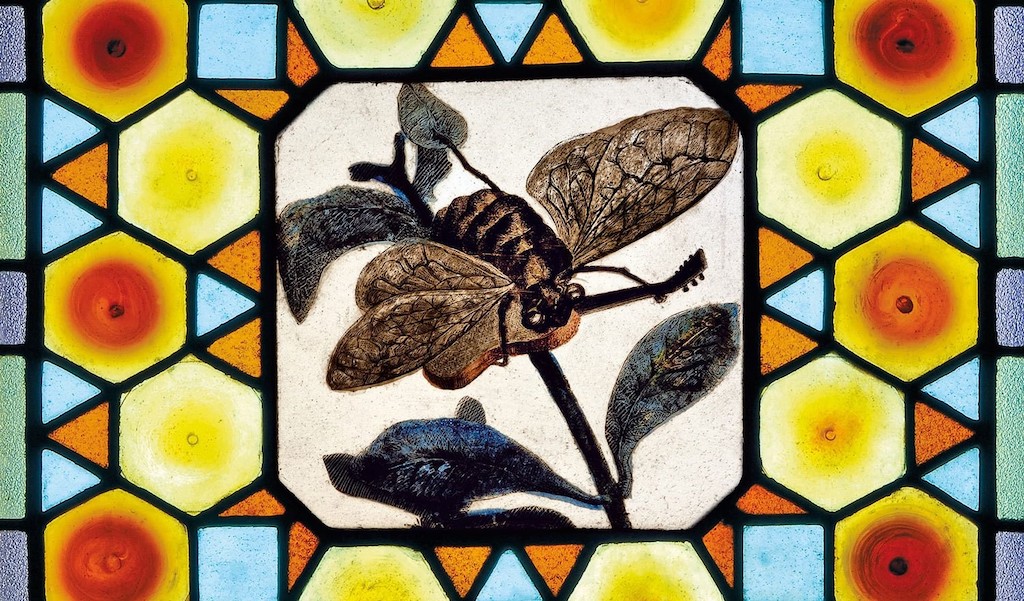












View Recent Comments